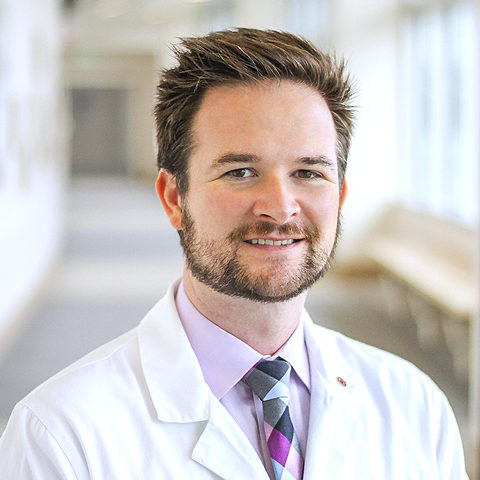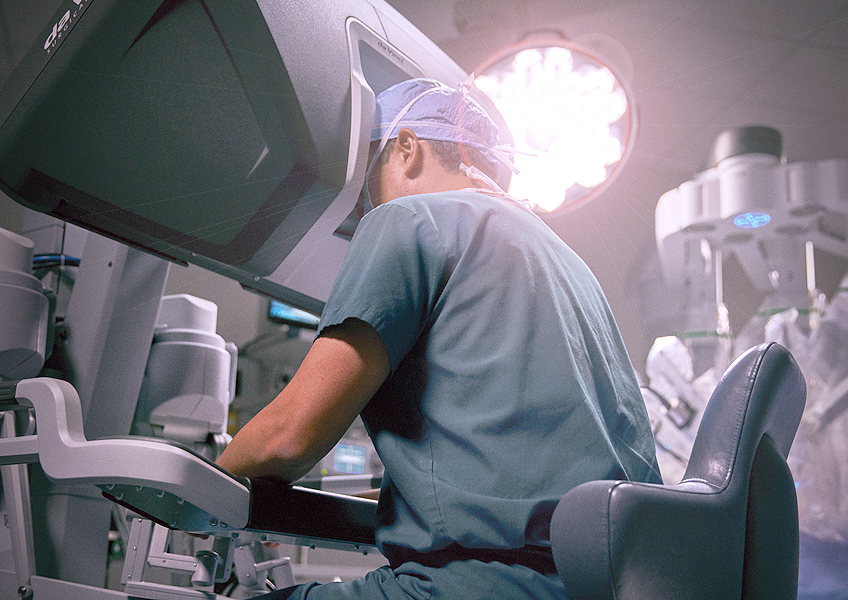Personalized Care and Improved Quality of Life

Our center of excellence, located in Saint John’s Health Center in Santa Monica, CA, provides treatment plans for benign and malignant conditions supported by decades of experience, a multi-disciplinary approach, collaborated research, and ongoing clinical trials.
Our care team understands that each case is unique, while we treat every patient with dignity and compassion. We understand the challenges of coping with cancer and other life-changing decisions, ready to guide you every step of the way. With an outcomes-based approach and our multi-disciplinary team works to develop the most optimal treatment plan for you based on your treatment preferences and the expert input of our oncology teams, radiologists, and pathologists. Clinical excellence is our commitment to you.

Get answers from the experts today.
“Our care teams are ready to support you and your family throughout the entire treatment process.”
– Gastrointestinal and Hepatobiliary Tumors Team
















